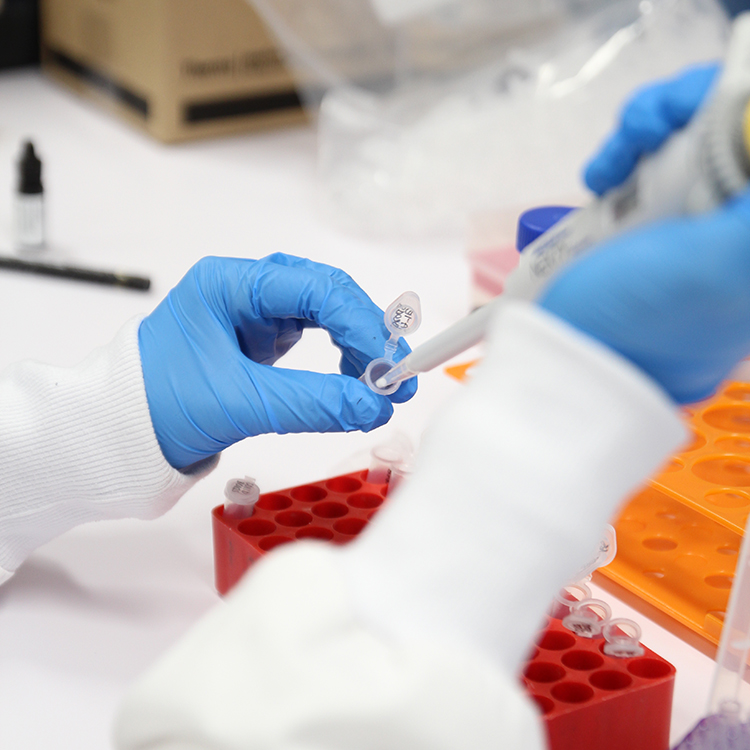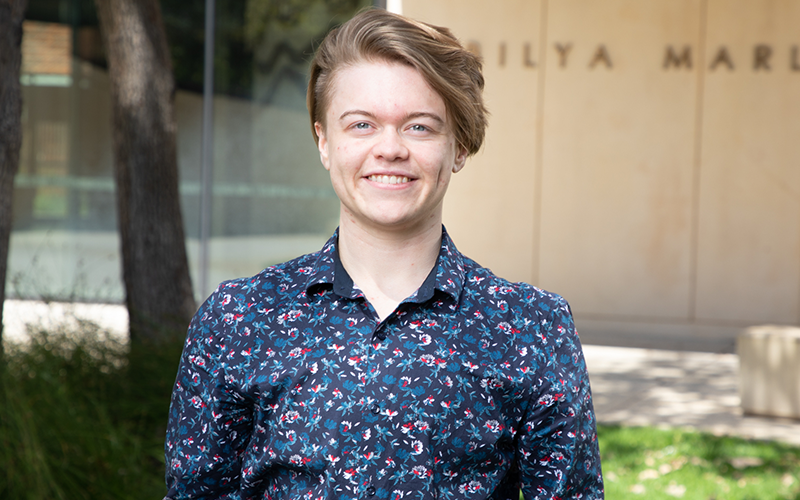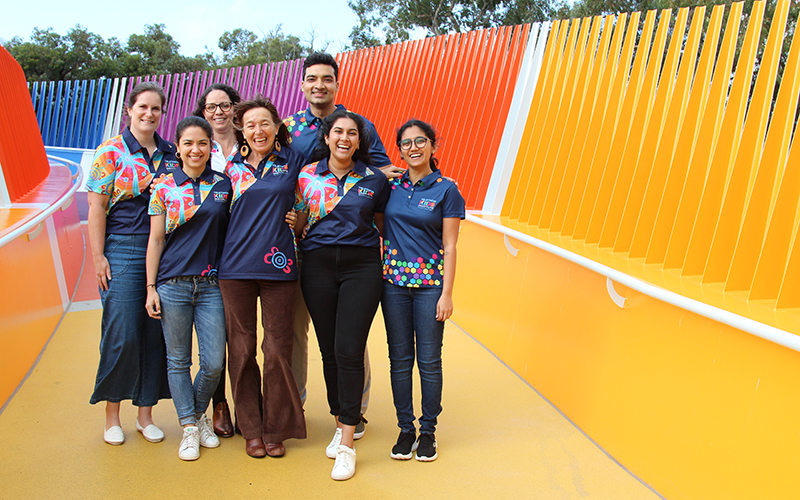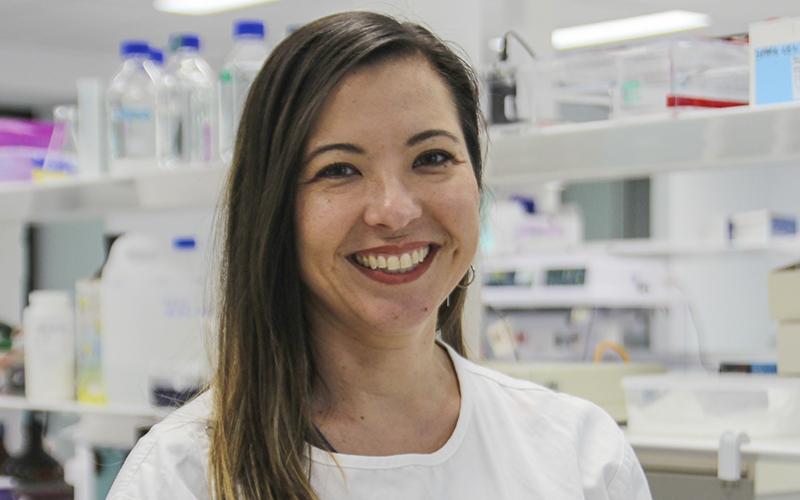Search

News & Events
The Kids Research Institute Australia to lead ground-breaking child health research in South AustraliaThe Kids Research Institute Australia's Adelaide facility has been officially opened by South Australian Premier Peter Malinauskas.

News & Events
Welcome boost to medical research and innovation in WAThe Kids Research Institute Australia has welcomed the State Government’s additional investment into the Future Health Research and Innovation Fund (FHRI), which supports key medical research, innovation and commercialisation in Western Australia.

News & Events
World-first clinical trial in ‘man’s best friend’ could unlock treatment breakthrough for kids with cancerThe Kids Research Institute Australia is leading a unique clinical trial in pet dogs that could pave the way for a new immunotherapy treatment for one of the most common childhood cancers, Sarcoma.

News & Events
Youth mental health researcher named joint Shell Aboriginal STEM Student of the YearYouth mental health researcher named joint winner of the Shell Aboriginal STEM Student of the Year category at the 2022 Western Australian Premier’s Science Awards.

News & Events
More pedestrians, less cars: Researchers call for shopping strip overhaulResearchers have identified 10 Australian shopping strips where the removal of on-street parking would transform the area’s liveability.

News & Events
World Breastfeeding Week: Q&AIn celebration of World Breastfeeding Week (1 – 7 August), we sat down with Professor Valerie Verhasselt to ask her some of the top questions about breastfeeding and immunology.

News & Events
Children sought for study into how to prevent sore throatsMore than 1000 children are being sought for a study to learn more about sore throats and how best to prevent them.

News & Events
Trial of new antibody gives hope to children suffering from brain cancerChildren with aggressive brain cancers could soon have access to a significant new treatment option, using a unique antibody that stops cancer cells from repairing themselves.

News & Events
Family dogs help kids move and sleep more: new studyResearchers exploring the potential health benefits of pets have found children who regularly walk and play with a family dog are more active, have less screen time, and sleep more.

News & Events
Cancer Council WA supports development of less toxic treatments for childhood brain cancerThe Kids Research Institute Australia researcher, Dr Raelene Endersby, will work to develop less toxic treatments for children with brain cancer, thanks to support from Cancer Council WA.
